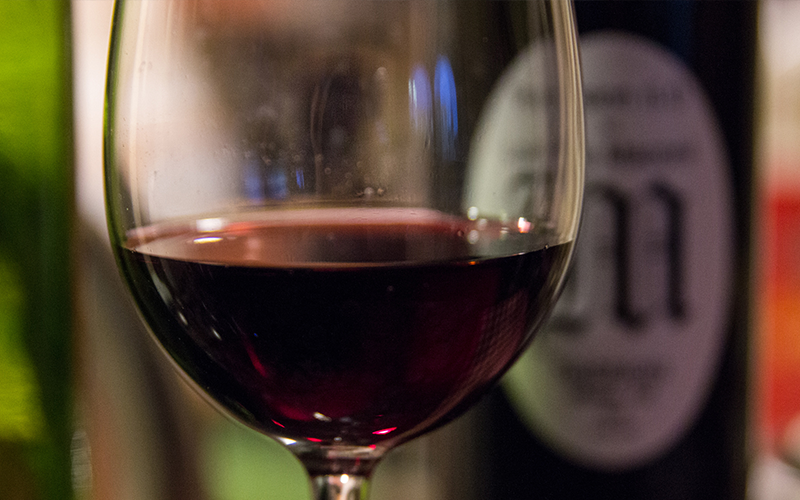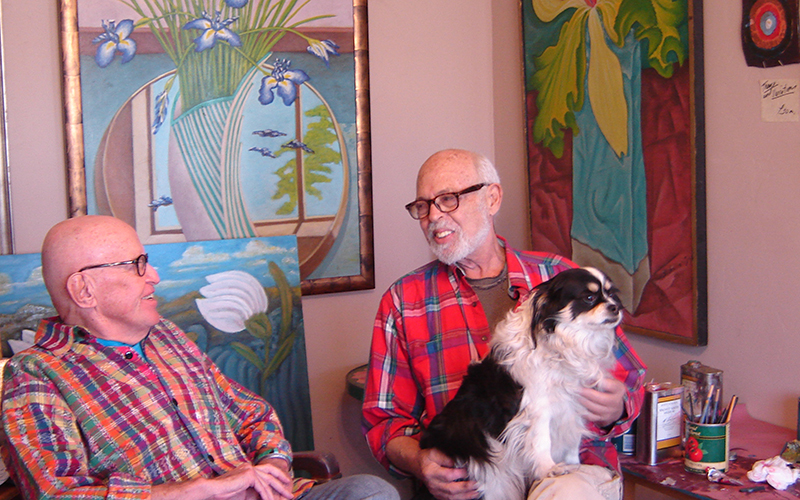
Although alcohol use has increased among older Americans since the pandemic was declared in March 2020, experts say it has been ticking up for two decades. (File photo by Jenna Miller/Cronkite News)
PHOENIX – Alcohol consumption over the past year is up as Americans turn to the bottle to cope with anxiety or stress. This is especially true among some older adults, experts say.
Sunshine Dean is with Spectrum Healthcare Group, which provides outpatient behavioral and physical health care in Yavapai and Maricopa counties.
“I would say in older adults – and across all ages – we’re seeing a dramatic increase in alcohol and substance abuse as a whole,” Dean said.
And more often than not, Dean said, older people are coming to Spectrum after experiencing a behavioral health episode.
“The elderly population is in a position through this pandemic, where they are very scared, they’re high risk,” she said. “And because of that, we’re seeing a tremendous amount of isolation. And isolation, of course, leads to loneliness, boredom, you know, feelings of helplessness. And I think that that’s driving them to any measure of comfort. And sometimes, unfortunately, that’s a negative measure, which is in the form of alcohol use.”
The use of methamphetamines and marijuana also is driven by fear and isolation, she says.
But this isn’t necessarily a new problem, said Dr. George Koob, director of the National Institute on Alcohol Abuse and Alcoholism at the National Institutes of Health. COVID-19 just exacerbated it.
“And there is, historically, always (have) been individuals in this cohort that drink for boredom, drink for loneliness,” he said.
In fact, Koob said, alcohol use among older adults has been inching up over the past 20 years.
Dean said Spectrum Healthcare Group is trying to get ahead of the increase in behavioral health episodes by talking to patients about their mental well-being when they visit one of Spectrum’s primary care clinics.
“And so we’re capturing a lot of people who would otherwise not mention the depression, anxiety, isolation, feelings they’re experiencing, and connecting them with services in real time,” she said.
Talking about a person’s mental health should be a routine part of the conversation, Dean said, especially because so much stigma is attached to behavioral health services among older Americans.

